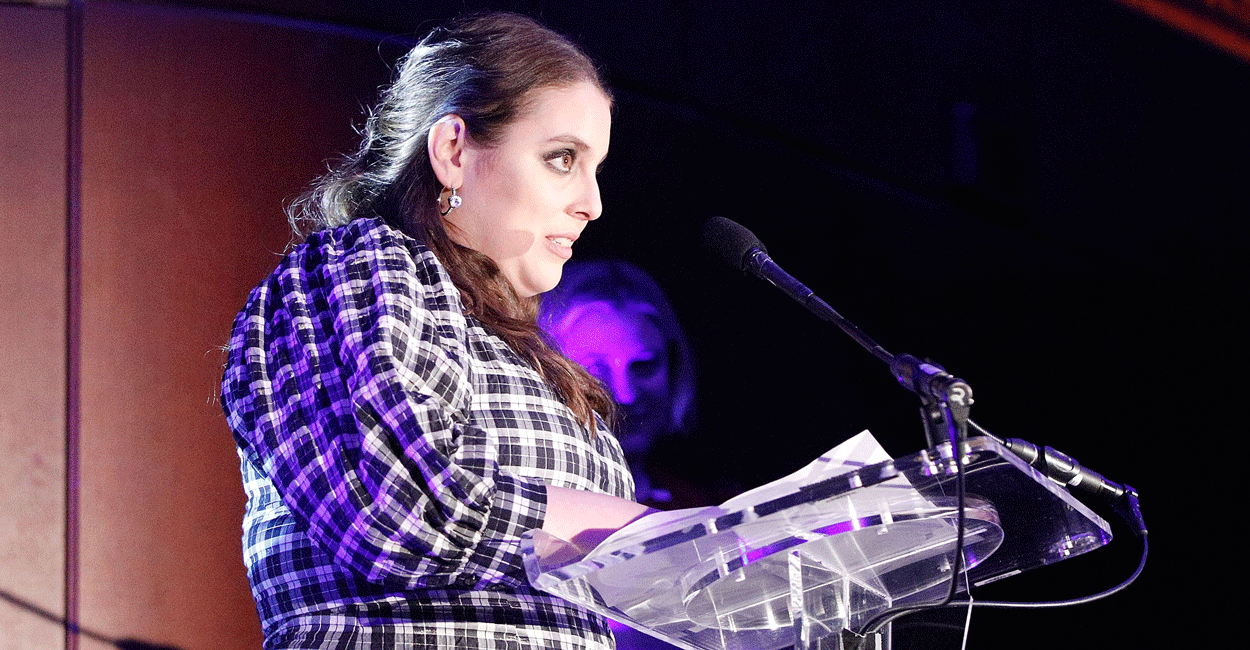The Smithsonian National Museum of American History recently hosted a virtual opening in honor of a new exhibit, “Girlhood (It’s Complicated),” which is now open to the public. The virtual opening, which lasted over an hour, featured several accomplished women, whose remarks were meant to inform and inspire the next generation.
While their words do inspire to some degree, the virtual opening failed to hit the mark in some ways. For example, some of the stories catered to transgender activism. Others pushed social justice rhetoric that revised history in a way that fails to recognize what women, and Americans, have achieved, and instead paints them as victims.
The goal of the exhibit, as it states on its web page, is to rewrite stereotypes of girls and aid society in adapting new ones. “The history of girlhood is not what people think; it’s complicated,” states the exhibit’s page. “Young women are often told that girls ‘are made of sugar and spice and everything nice.’ What is learned from history is that girls are made of stronger stuff. They have changed history.”
The Daily Signal depends on the support of readers like you. Donate now
The exhibit opening did feature some amazing women who have broken the glass ceiling in different ways. Women like Minnijean Brown-Trickey, a member of the Little Rock Nine, the African-American teenagers who integrated Little Rock Central High School following the ruling of Brown v. Board of Education, which desegregated schools. She is a champion of civil rights to be sure.
The exhibit featured incredible athletes, such as Billie Jean King, the world-famous tennis star, and Judi Oyama, the skateboarding pioneer and graphic designer.
Kavya Kopparapu, a 19-year-old Harvard student who has been pioneering new treatments for brain cancer through computer science, was also featured. Time magazine named her one of the 25 most influential teens in 2018.
Still, even with these incredible women and their stories, the event seems to have been tainted somewhat by leftist indoctrination. I saw this in two ways: transgender activism and third-wave feminism.
In addition to remarkable women heralded for civil rights issues, athletic achievement, or intellectual genius, the event also featured Beanie Feldstein, an actress and outspoken leftist activist, and Jazz Jennings, a transgender activist and star of the TLC show “I am Jazz,” which stopped airing this year after six seasons.
Jennings was born a biological male. The show, “I am Jazz,” showed Jennings’ journey from “boy to girl” through hormone-replacement therapy and multiple surgeries. Placing Jennings in the same category as women who have achieved gender parity through sports, scientific achievements, and the civil rights movement is disingenuous.
The event treated Jennings just like TLC has. It asserted the belief that identifying as another gender is simply another stage of evolution—groundbreaking, just like being a world-class athlete or championing desegregation. These are not at all the same thing, and to equate them as such is a slap in the face to women who truly have championed gender parity for women.
In her introductory speech, Anthea Hartig, the director of the Smithsonian’s National Museum of American History and the first woman to hold the position, said that “Girlhood (It’s Complicated)” is a “landmark exhibition commemorating the 19th amendment and women’s suffrage” and claimed girls have always “pushed against discrimination” to make “discoveries of their own.”
The concept of pushing against discrimination seemed to be a theme, but didn’t seem to be in reference to the original feminist movement (even though the suffrage movement was mentioned). Rather, it seemed to be more tailored to the third wave of feminism, which caters to the belief that women, especially American women, face grave injustices daily.
The event included interviews with girls, one of whom said leaders should know, “We are strong. We are not afraid to speak our mind about injustices we face in our everyday life. We love and support all sizes, beliefs, and genders.”
It was clear this quote amplified the event’s theme highlighting discrimination as an ongoing problem, particularly as it relates to gender issues. The notion that girls are facing rampant injustice in the United States, at a time when there has never been more gender parity—both socially and under the law—is really quite ignorant.
In fact, it does a disservice to the women who came before this generation. To presume that girls growing up in 2020 face more difficult challenges that women in the 1950s or before raises the question: Are the adults who organized this event ignorant of history, or just self-absorbed? Either answer isn’t good.
It’s one thing to host an event highlighting all that women and girls have done, and still do, to break glass ceilings, shift stereotypes, and make the world a better place. But it’s quite another to do so with the preconceived notions that transgender women are just like biological women, and that women today still face incredible discrimination.
Neither of those claims are fact-based beliefs, but hallmarks of leftist indoctrination that should not be broadcast from any of the Smithsonian museums.





























